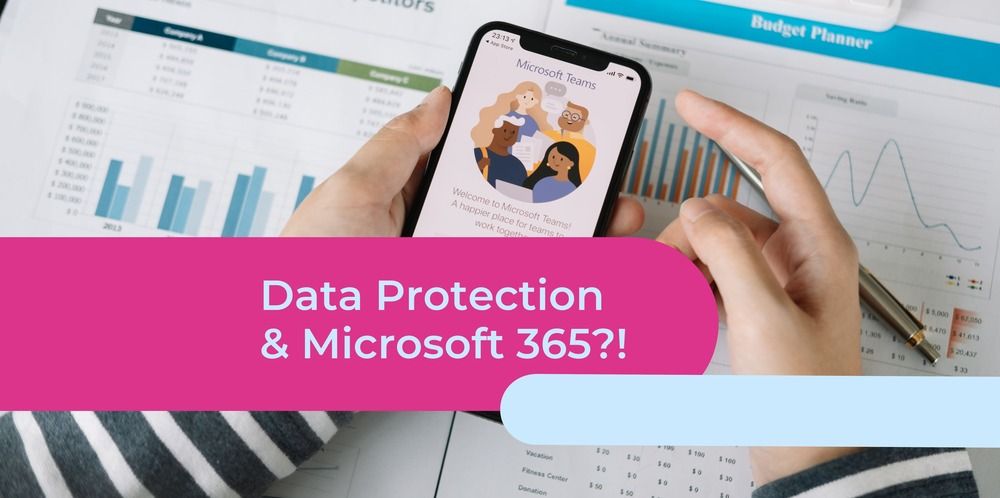Navigating the Digital Advertising Landscape: Understanding Cookies and Your Privacy
In the interconnected world of digital platforms, the usage of cookies has become a critical subject. Cookies—small pieces of data stored on your device—allow websites to remember who you are and customize your experience. As someone who regularly navigates a plethora of sites, I often find myself wondering just how much information is being collected about me and how it’s being used.
The Role of Cookies
Cookies serve various purposes. For one, they help in authenticating users, securing transactions, and enabling personalized interactions on websites. Imagine visiting a news site. Thanks to cookies, it remembers your preferences, from the topics you enjoy to the layout you appreciate. However, one can’t ignore the dual-edge sword that accompanies such conveniences. With every click, there’s a plethora of data being captured—everything from your IP address to your browsing habits.
Illustration of digital data collection through cookies
This data collection can be beneficial for both users and companies. It allows companies to tailor advertisements specific to your interests, potentially enhancing your experience. Yet, the ongoing conversation about privacy raises valid concerns. Are users fully aware of what they’re consenting to?
Consent and Control
At the crux of the debate lies user consent. Whenever you visit websites, prompts appear, nudging you to ‘Accept all’ or ‘Reject all’ data tracking. I often find myself in a dilemma—accept and enjoy a customizable experience, or reject and potentially miss out on tailored content? It’s fascinating how this simple choice reflects the larger conversation about data privacy in the digital age.
Furthermore, the notion of ‘managing privacy settings’ is often a labyrinthine task. Many users, including myself, might bypass these settings due to their complexity or time constraints. This leads to a broader societal question: are we, as users, truly empowered to control our digital footprints?
The Big Picture
Moreover, the involvement of various partners in data collection and advertising complicates things. Many companies work together, meaning your information may cross paths with numerous entities—sometimes even without your explicit knowledge. The IAB Transparency & Consent Framework attempts to shed light on this, but it needs to be more transparent and user-friendly.
We must educate ourselves about these processes. Engaging with the privacy policies of the sites we use can unlock a better understanding of how our data is utilized and what options are available to protect ourselves. Admittedly, reading through long policies can be tedious, but empowering ourselves with knowledge is crucial.
Raising awareness about digital privacy
The Path Forward
The future of digital advertising and data usage is rapidly evolving. As we stride forward, the balances between customized experiences and privacy must be navigated thoughtfully. Brands and users alike must advocate for more transparency, ensuring that consent is informed and genuine. Companies should hold themselves accountable and implement clearer practices that respect user choice and control.
To truly enhance the user experience, let’s foster an ecosystem where personal data is valued and safeguarded. At the core of this journey is the user—the one who should hold the reins over their own data. In a world dominated by data, perhaps it’s time we start rethinking what that truly means.
“Informed consent should be the cornerstone of every digital interaction.”
Engagements like these often lead me to question: How can we champion our rights without sacrificing our digital experiences?
As we move into a more digitally-centric society, we should advocate for systems that honor user privacy while still allowing for enriching, personalized experiences. Only time will tell how this narrative unfolds, but one thing remains constant: our choices matter.
Conclusion
Ultimately, as both a consumer and an advocate for privacy rights, it’s essential to stay educated and aware of the implications of consent agreements. Taking the time to assess how cookies and other technologies are utilized can lead to better, more informed decisions about the digital services we engage with.
Let’s indulge in the conveniences of the internet, but not without questioning where our data is going and how it’s being leveraged. Knowledge is power—a concept that is perhaps more pertinent now than ever in our fast-paced digital age.


 Photo by
Photo by 









